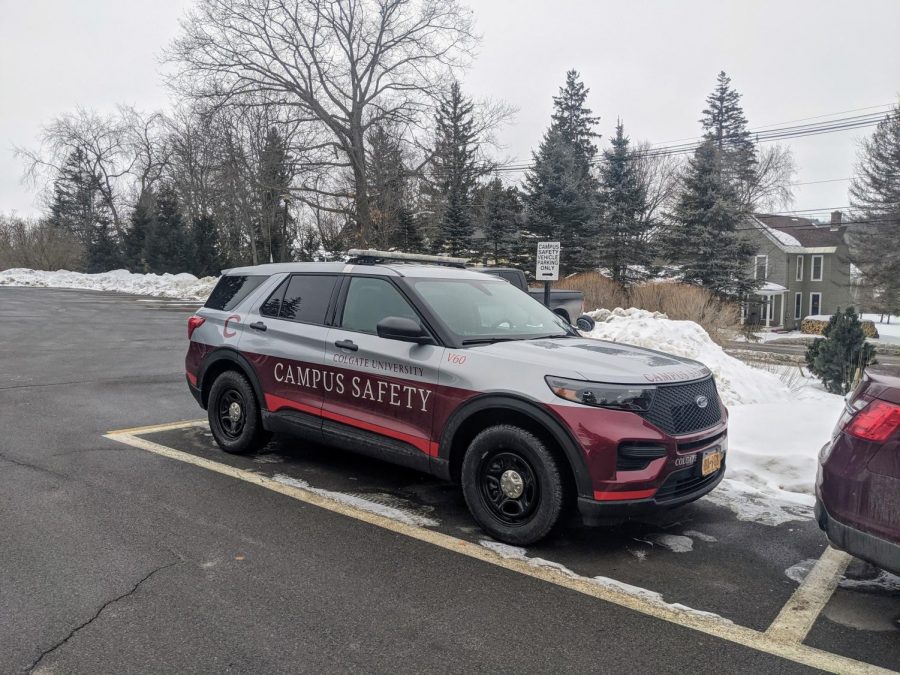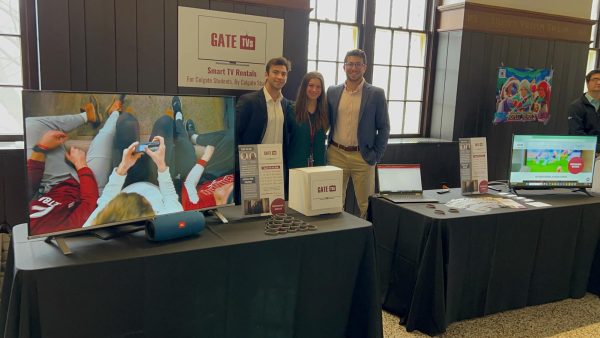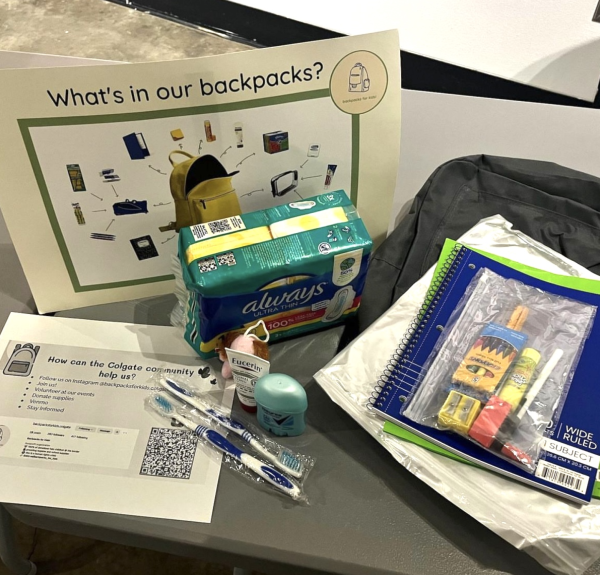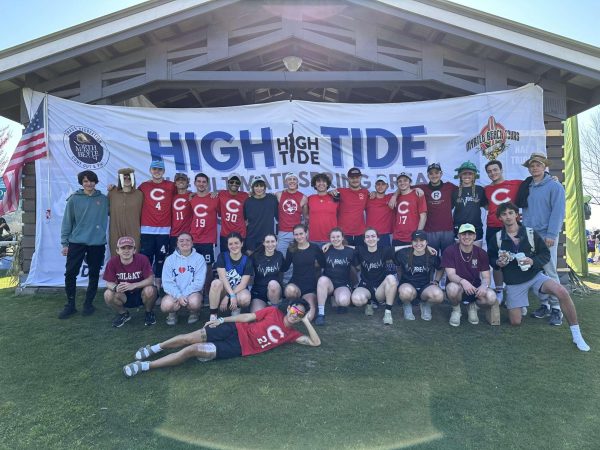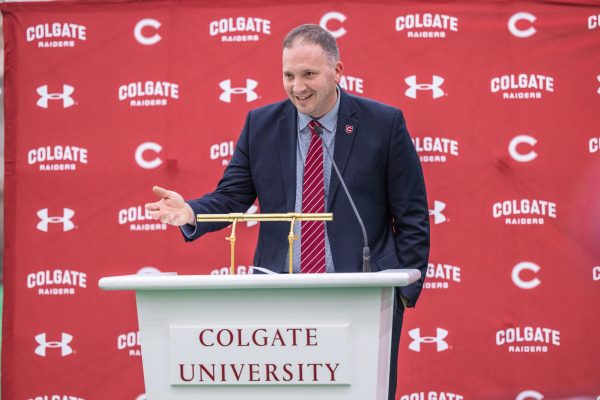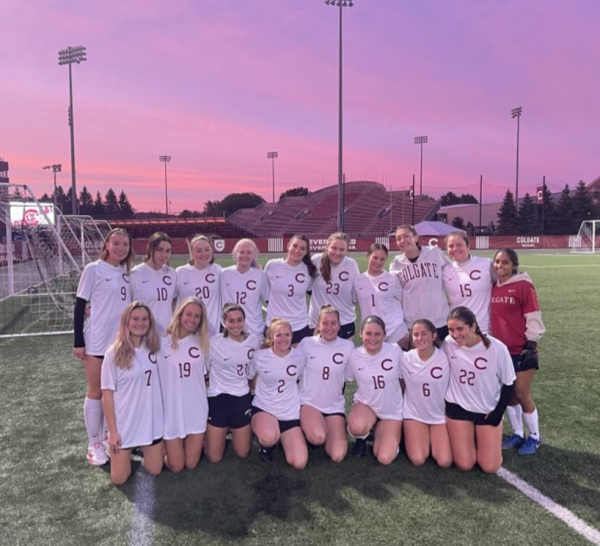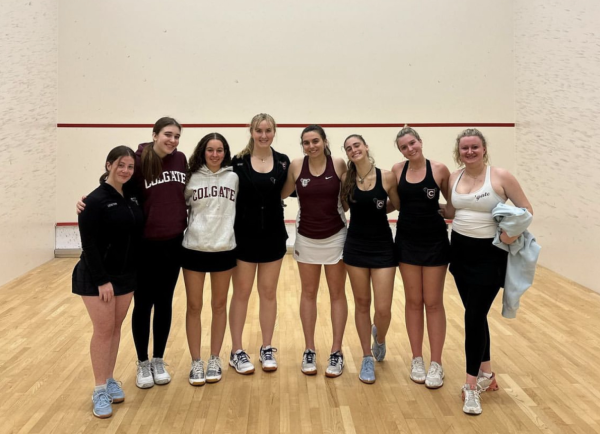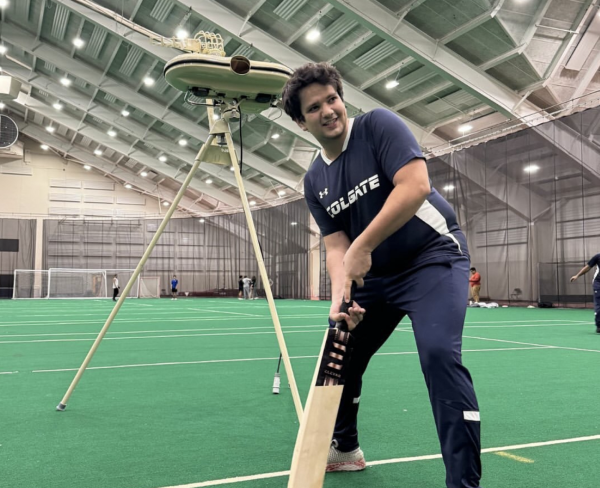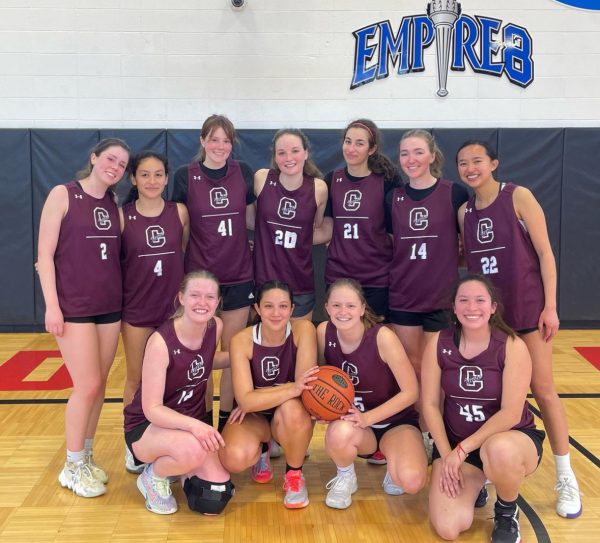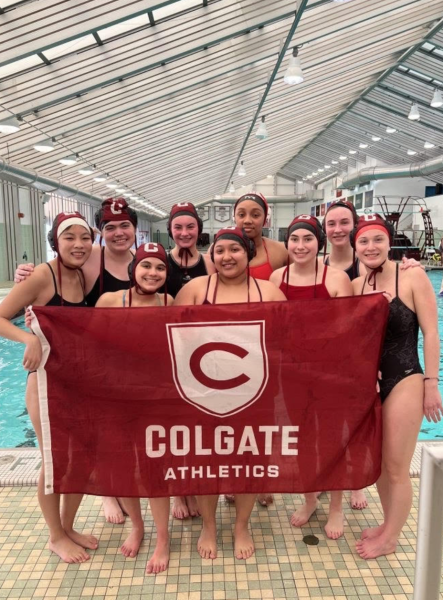Students Criticize Colgate’s Personal Vehicle Policies
In an effort to learn from the fall semester and prevent COVID-19 cases from spreading across campus after the winter break, restrictions and guidelines have been updated for the spring semester. While shorter periods between “Gates” and more options for meals during the quarantine were widely supported by students, changes to student vehicle policies has upset students across campus.
Modifications were made to personal vehicle policies this semester in order to allow students to drive and park on campus after 4:30 p.m. on weekdays and all day on weekends. What has students concerned, however, is the enforcement of a policy that was seen as more ambiguous last semester — the ban on passengers in personal vehicles.
In an email sent out in December, Vice President and Dean of the College Paul McLoughlin II detailed some policy changes for the spring semester and seemed to put emphasis on personal vehicle restrictions.
“Because enforcement of roommates or indirect family units is impossible, compliance with the Commitment to Community Health still requires one person per vehicle,” McLoughlin wrote.
The stricter policy seems to be the result of violations in the fall semester that resulted in new cases on campus. Later in the email, McLoughlin wrote, “Of note, the only case of confirmed spread of SARS-CoV-2 during the fall semester was associated with sharing a vehicle.”
In the context of the pandemic, students primarily use their cars to get groceries. Senior Jacob Licker says that not allowing students to drive with passengers is a serious inconvenience.
“A friend of mine [is] the only person with a car in a four-person apartment. And usually… they would all do the shopping together… but now she’s the only one who can do the shopping for the apartment unless people want to take tons and tons of grocery bags on the cruiser,” Licker said. “It’s also really hard to do all the shopping yourself or to have to do all the driving yourself.”
Students without access to personal vehicles have a variety of ways they can get groceries, but their feasibility is questionable. Last semester, Licker was deemed a close contact and had to quarantine in his apartment with his roommates. Their options for groceries were limited to Instacart and individual store delivery programs.
“Instacart was so overwhelmed, it’d be days before we could get orders. And Parry’s has a $5 delivery fee, and you have to buy at least 20 bucks of groceries,” Licker said.
Beyond being both a financial and timely inconvenience for students, Licker says that the no-passengers policy raises accessibility concerns. As temperatures drop and students who live down the hill need to get to their classes, getting from the apartments to campus becomes dangerous.
“There are people… walking down to the Parker apartments, in like negative two degree weather at, like, 8:30 p.m. when it’s dark and snowing, and it’s just frustrating that if you don’t have a car you’re pretty screwed there,” Licker said. “It’s kind of, I’m going to use the word ableist here, to assume that everyone has the energy, the ability, the resources necessary to hike up the hill for in-person classes. And Lord knows remote classes don’t hold the same salt as in-person [ones] do.”
In normal years, Licker said that it was protocol for students with cars to drop others off in the lot behind Lawrence, cutting down on exposure to harsh weather conditions.
While campus cruisers are meant to serve this purpose, some students have concerns about their safety. Campus cruisers are supposed to be running at reduced capacity in compliance with COVID-19 restrictions; however, Licker finds that they’re often overcrowded.
“Even the Express cruisers which go directly from Parker up the hill were full, you know, and we’re talking [pre-COVID-19] full, not [post-COVID-19] full. I’ve seen cruisers standing room only,” Licker said. “There’s no way you can be six feet apart, unless [it’s] one person per row… and it’s just not enforced, it’s not doable.”
Aside from their crowdedness, the inconsistencies with the cruiser schedules also makes them unpopular. Elisabeth Hartke, a first-year who brought her car to campus, described her frustration with the shuttles.
“You have to plan because… they’re late all the time, or they’re early or they just don’t show up. So you’re depending so much on that, [even] when I have [a vehicle] that I can depend on to be reliable.”
Students from different years seem to have the same willingness to follow additional guidelines while driving if it means that they can have passengers.
“If I’m living with my roommate anyway, I don’t see why we cannot drive in the same car to go grocery shopping, because we share a bathroom, we’re around each other without masks on. We could have our masks on in the car if that’s such an issue,” Hartke said.
Licker made a similar argument.
“If I’m allowed to sit buddy-buddy next to someone who lives all the way across campus in a completely different unit on a cruiser [that is] supposed to be at 50% capacity, but they’re overwhelmed right now… I don’t know why I can’t drive someone two minutes down the hill with the windows open six feet apart, or drive my literal roommate to go to the grocery store.”
With the introduction of more frequent testing, Hartke thinks that the passenger restrictions are too harsh.
“If you both tested negative, [they should] have something where I could request to take this person… in my car,” Hartke said.
Licker feels that the no-passenger policy is focusing on the wrong aspects of student life.
“It feels like the university is creating structural regulations to keep students in line, but really lacking in actual enforcement of the regulations that make a difference, you know, [like] mask-wearing policies, or social distancing,” Licker said.
As of the time of publication, the no-passengers rule is effective for the entire semester.

Sophie Naylor is a junior from Middletown, CT studying geology, geography and Arabic. She has previously served as a staff writer for the Baker’s Dozen...


